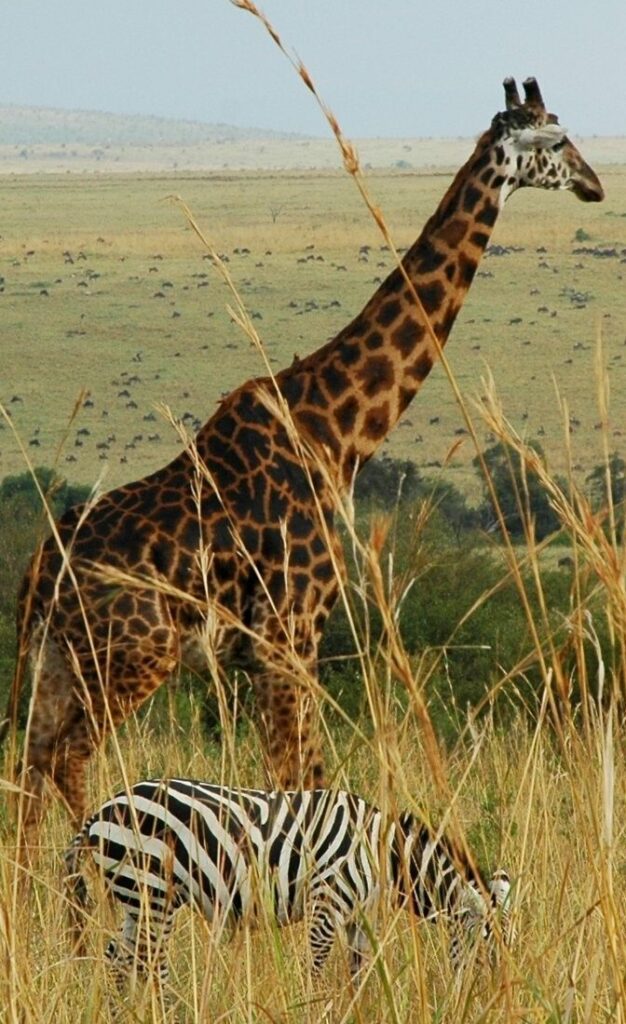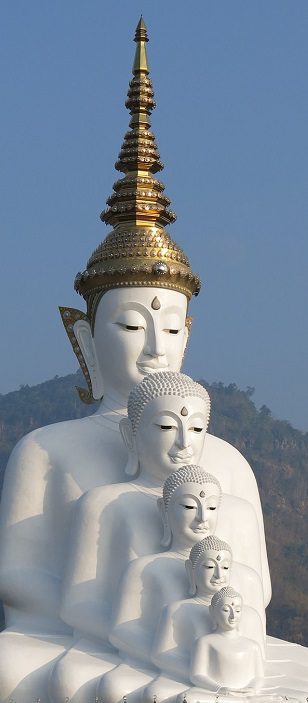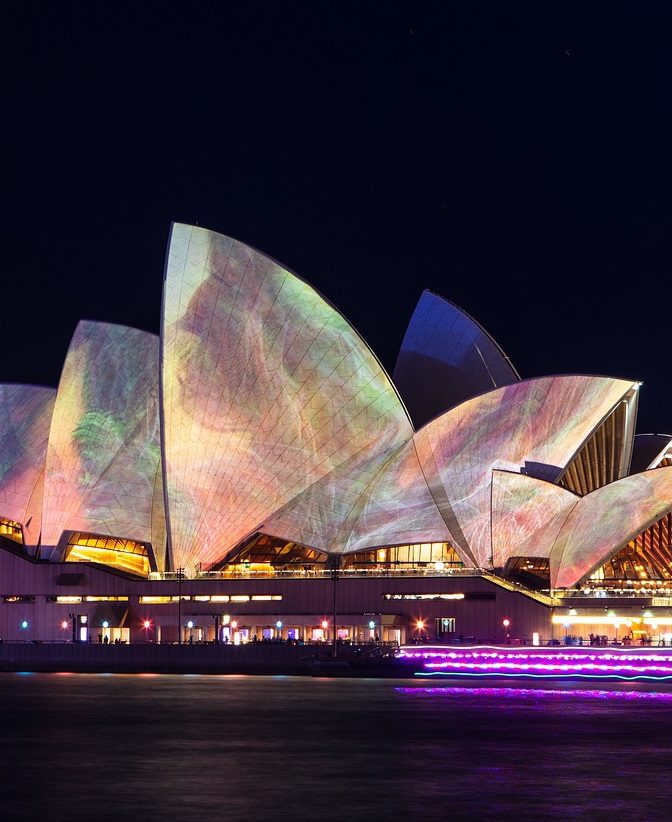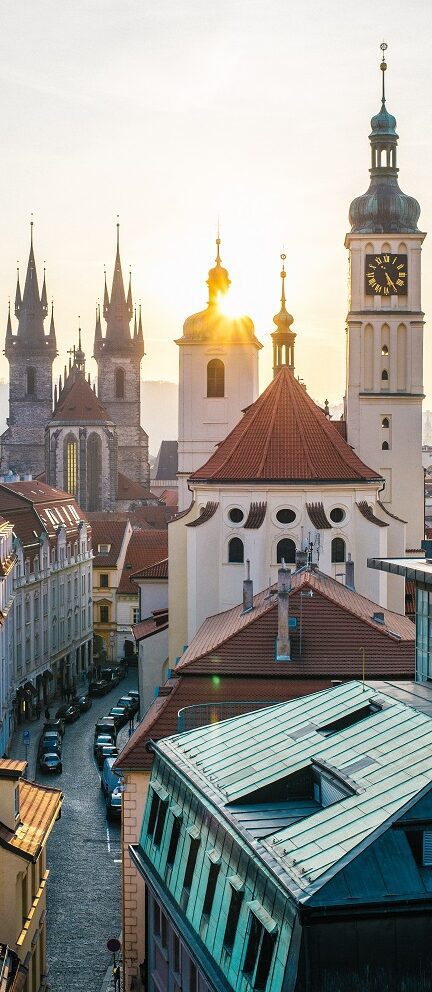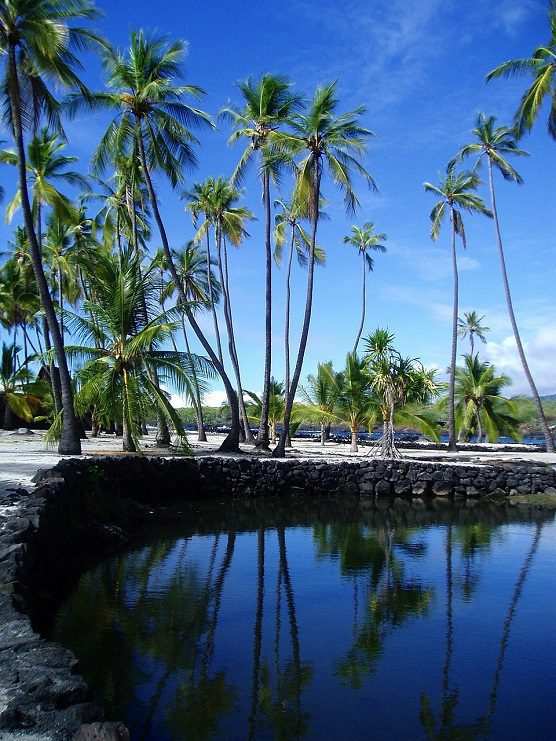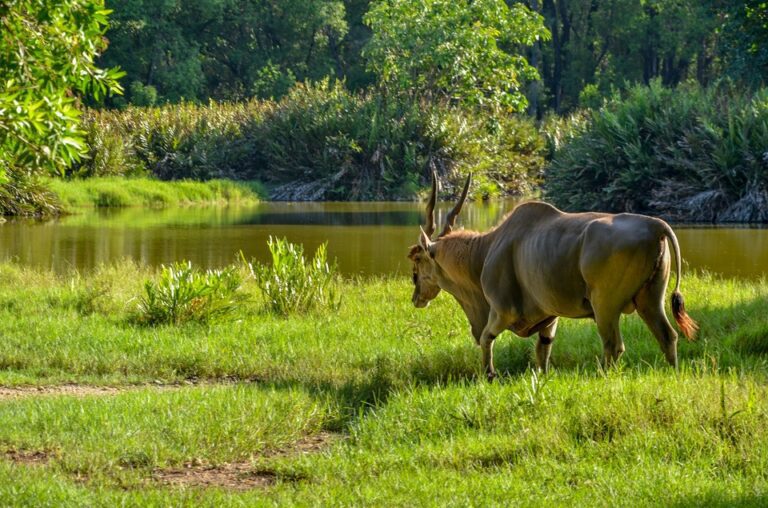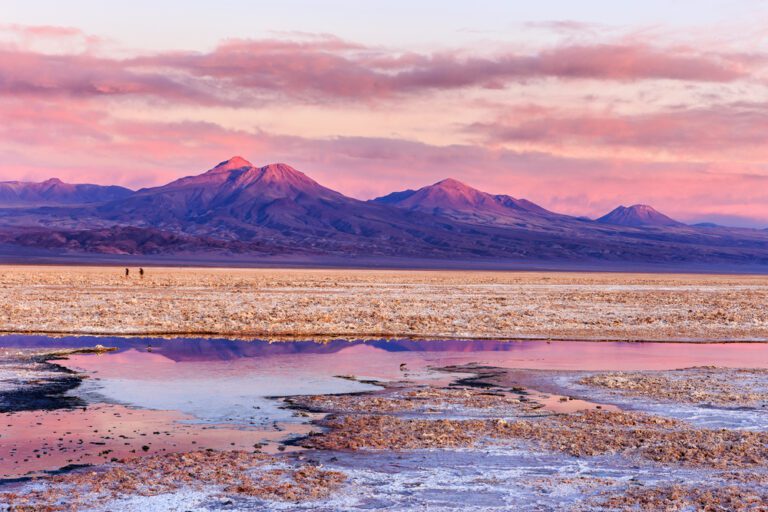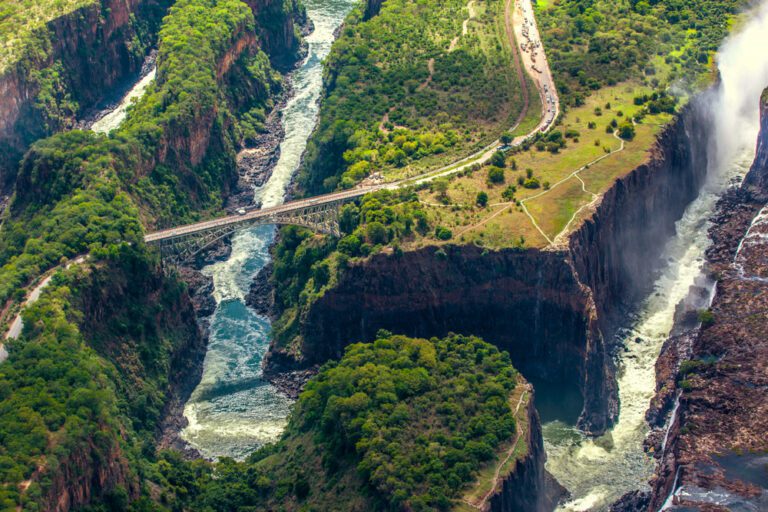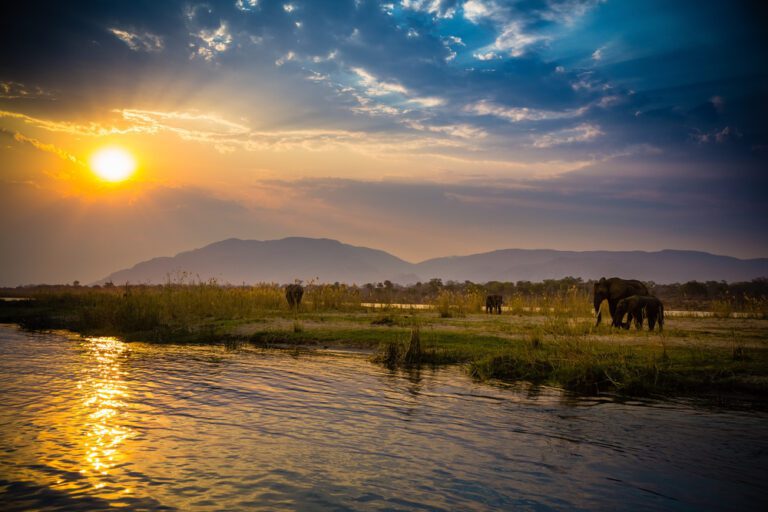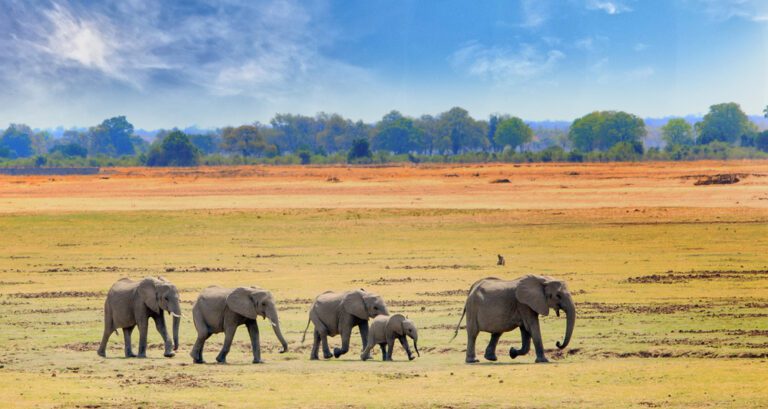THE GEORGIAN PEOPLE HAVE A TROVE OF STORIES that explain their good fortune to be living in this fertile comer of the Caucasus. My favorite is this one: when God made the world, he asked all the peoples of the earth where they wanted to live, and distributed their homelands accordingly. From the Georgians he heard nothing; they were too busy feasting. He paused to rebuke them on his way home, but the tamada—the toastmaster at a traditional Georgian feast—told God to calm down, that the Georgians had spent the whole time praising his handiwork, and that they really didn’t mind if they 
I’ve been visiting Georgia off and on for years, and much about this story feels right. There’s no denying that this beautiful country enjoys the kind of Old Testament abundance that bespeaks God’s favor. Plant a seed here and it grows, rich and healthy: tea, tobacco, walnuts, grapes, everything. Crunch a Georgian cucumber (Georgian meals regularly start with bowls of fresh tomatoes and cucumbers on the table) and that most anemic of vegetables whacks you with flavor. The creation myth carries other grains of truth as well. Yes, Georgians do like to sit around feasting more than most people. And no, they’re not shy about admitting it, even if there’s something they might be better off doing—like, say, petitioning God for a land of their own.
Problematic as this quality might be when it comes to nation-building (something Georgia has been striving unevenly to do since it declared independence from the Soviet Union, in 1991), it also places Georgians among the world’s most congenial and hospitable dinner companions. Georgia must surely rank as the toughest place on earth to pick up a check. I was ruminating on all this from the broad wooden deck of Rooms Hotel Kazbegi, at the foot of snow-tipped Mount Kazbek, at 16,558 feet tall, the third-highest peak in Georgia. It’s not hard to see why you’d want to put a hotel here, or why so many of the guests were lounging in wicker chairs, wrapped in throws against the mountain chill, just staring up and smoking.
Across the valley stood ranks of jagged volcanic peaks, and perched on a treeless hill directly in front of the hotel, the lonely 14th-century Gergeti Trinity Church. Georgia has been a deeply religious nation since it adopted orthodox Christianity in the fourth century, and you can see its distinctive churches, with their conical domes and layered roofs, everywhere. Rooms Hotel Kazbegi used to be a Soviet tourist dormitory, so the building is squat and blocky—perfect for accommodating large groups of workers from a far-off tractor factory. Viewed from our century, the big glass-and-steel rectangle now looks quite chic, and some very good Georgian designers have given the inside a cozy feel with the help of plenty of rough wood, worn leather, and red-brown kilims.

The Russians who come to Rooms today (the border is a 10-minute drive away) arrive in flashy 4 x 4s via the great Georgian Military Highway, which connects Vladikavkaz, in Russia, to Tbilisi, Georgia’s capital (where there’s a second outpost of Rooms), through the Darial Pass. Russia built the highway after absorbing Georgia in 1801, opening up a savage Eden that has gripped the Russian imagination ever since. Georgia was Russia’s Wild West, inspiring a mixture of wonder, fear, awe, and desire. Tolstoy, Pushkin, and Lermontov all fell under the country’s spell. ‘I have survived the Georgian Military Highway,” wrote Chekhov in a letter.
‘It isn’t a highway, but poetry.” The food at Rooms is good, and features a dish named ‘Soviet cake’— part of a widespread nostalgic revival of GOST cuisine (a Russian acronym for the state standards that regulated every aspect of daily life in the Soviet Union, including cake). It brought on a hankering for real country cooking, so my wife, our young son, and I headed down the road to the nearby village of Arsha, the taxi radio blasting out Russian pop songs. Tsarneti, the restaurant where we ended up, is avast and shabby establishment, divided, like so many Georgian restaurants, into separate little rooms for private dining. We were ushered into a cell-likebox, and there were treated to some of the wonders of one of the world’s least-known great cuisines.
Georgian cooking has benefited from the country’s location on the Silk Road and from its history of having been overrun by hostile neighbors again and again (between the sixth and the early 19th centuries, when it came under Russia’s wing, Tbilisi was sacked many times). All the invaders—Arabs, Turks, Persians, Mongols—left something of themselves in Georgia’s stones, and in its kitchens. “Georgian cooking is the original fusion cuisine,” the inventive young chef Tekuna Gachechiladze told me. She was spending the weekend at Rooms Hotel Kazbegi on a break from Cafe Littera, her restaurant in Tbilisi. “We took what we wanted from Persia, from India, from Turkey. The soup dumplings we call khinkali came from the Mongols in the thirteenth century.”

You find these addictive dumplings everywhere in Georgia; we ordered a platter of them to start the meal. They are plumper than your average dumpling, with a twisty hat of dough at the top and a filling of meat, herbs, and fragrant broth. The trick is to nip a hole in the dough and suck out the broth without spritzing yourself, then eat the rest (except for the hat—never eat the hat!).
Tsameti’s khinkali were superb, pungent with caraway, and we dispatched an even dozen without taking into proper account what was to follow: chicken chmerkuli, fried and topped with a sauce of sour cream, garlic, and walnuts (walnuts show up often in Georgian cooking). With the chicken came bread stuffed with melted cheese called khachapuri, which is ubiquitous here. The variety we ordered was packed around a stick and baked over an open fire. We washed it all down with bottles of Tarkhuna, a bright green soda made with tarragon. After all that, it felt like a minor miracle when we were able to get up and walk away.
If the mountains to Georgia’s north are its Alps, those along its eastern border are its Berkshires: greener, gentler, and equally magical in their own way. Tucked in the foothills is the cluster of lovely lodges that make up the Lopota Lake Resort & Spa. Over lunch there, we marveled at the dramatic changes in landscape visible in a country only slightly bigger than West Virginia. Tbilisi was 60 miles to the wrest, and Kazbegi about 100 miles up from there, and yet we had traversed alpine passes, humid lowlands, and lush rolling hills as we traveled between them.

“Georgia has fifty-three microclimates—I have that somewhere in the back of my head,” said our lunch companion in a crisp English accent. She turned out to be the British ambassador to Georgia, Alexandra Hall Hall, who tries to grab a weekend in Lopota with her family whenever she can. Hall Hall was just coming to the end of her two-year tour, but she was pushing to stay on another year. “It’s just so beautiful here,” she sighed.
